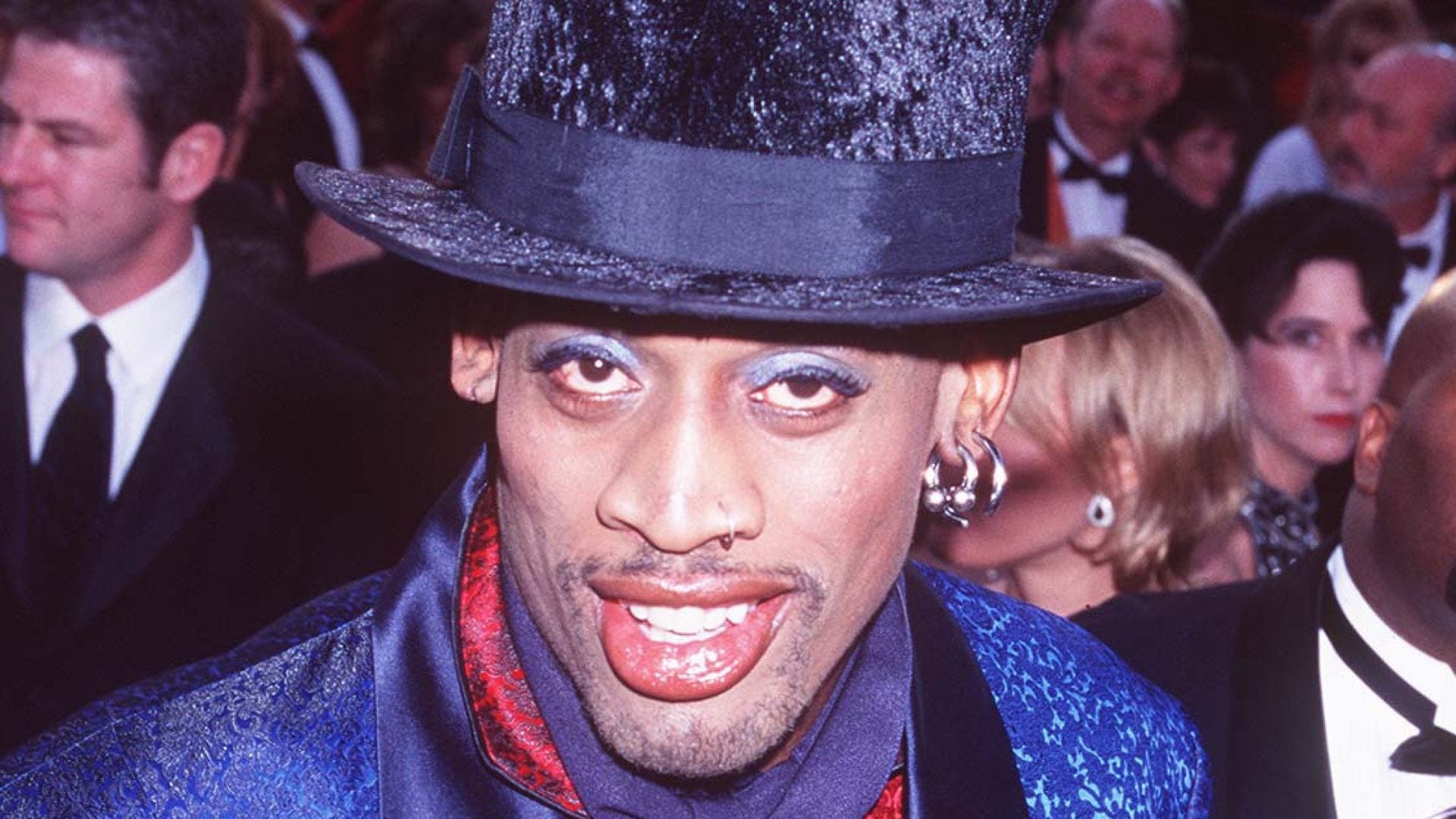
“You’re not masculine enough,” a black man said to me. He stared at my french manicure. While I sat there at this guy’s apartment, having a conversation with a man that I almost gave my goodies to, he insulted me in ways I didn’t acknowledge myself.
At almost five minutes to 10 PM, he asked me to leave and wished me the best. As I drove home, my mind was consumed with thoughts about not being masculine enough for anyone. I couldn’t help but feel like I’m not masculine enough to be in a relationship, be accepted by society or even be respected at all.
I grew up emulating what my mom did with her grandma by hanging out with my girlfriends. I was always the one who loved to talk about gossip and celebrities, just like my girls did. This helped me mature as a person because if I hung out with boys, I would have followed their immature tactics. However, I was often teased and taunted for my interests and appearance.
Boys would storm in groups, calling me “faggot” or “sissy” because I didn’t do boy things. This led to bullying, harassment, and sexual assault in my teenage years. As a boy trying to make sense of the world, I was trying to fit society’s term of masculinity, and be somebody I was not meant to be.
I had a group of supportive girlfriends who always had my back and were quick to put any boys in their place. When my girls were not around, guys did what they could to support me. However, my journey from boyhood to manhood was fraught with many challenges and difficulties. Eventually, I came to the realization that I was a gay man living in a world dominated by straight men. During my college years, I joined an international fraternity with the aim of “building better men.” Unfortunately, I discovered that this was a false promise and that some of my fraternity brothers mocked me for being Black. I was expected to suppress my emotions and never show any vulnerability because society expected me to be a “man.”
I realized that as a man, you are expected to hide your emotions and not show any vulnerability. Shedding tears is considered a sign of weakness, and you are supposed to be strong all the time.
These were the things that I learned growing up with a black father in the inner streets of Baltimore, MD. My dad grew up in the hood. Seeing pain run down his face, which led him to project his mistakes and suffering onto my brother and I. I try to fully understand my father by helping him to accept his battles, but I have to remember that he was born in an era of toxic masculinity and he has to come to terms with forgiveness and acceptance. He was trying to teach his boys that they have to become black men in America. Black men have to work ten times harder than everyone else. They are taught to hide their emotions and put on a face when they step outside of the house.
I have come to realize that this mindset is a result of toxic masculinity, which has been passed down from generation to generation, causing pain and suffering. A majority of Black men turn to alcohol or drugs as a coping mechanism for their pain. I didn’t want to use these two factors growing up, nor use society’s own version of masculinity to dictate me.
While mainstream media can show a lot of things, my attention was caught by Billy Porter. As a black queer man, he showed off every red carpet, challenging all norms of masculinity. After watching Pose countless times, he influenced me that you can create your own terms of masculinity.
I created my own version of masculinity by being vulnerable with my girlfriends, wearing women’s clothing (which I developed a curvy frame as I got older), and doing things that men don’t do. It’s a power when you step into your own terms, telling my own story. I wear makeup to take a stand in my voice, to channel my feminine wild side.
I’m looking over the beauty of my masculinity. Maybe I’m not meant to fit in society’s beauty standard of black men. And you know what, that’s okay because it makes me who I am. As I’m getting older, I’m living my truth as a black man and telling stories matters to me most.